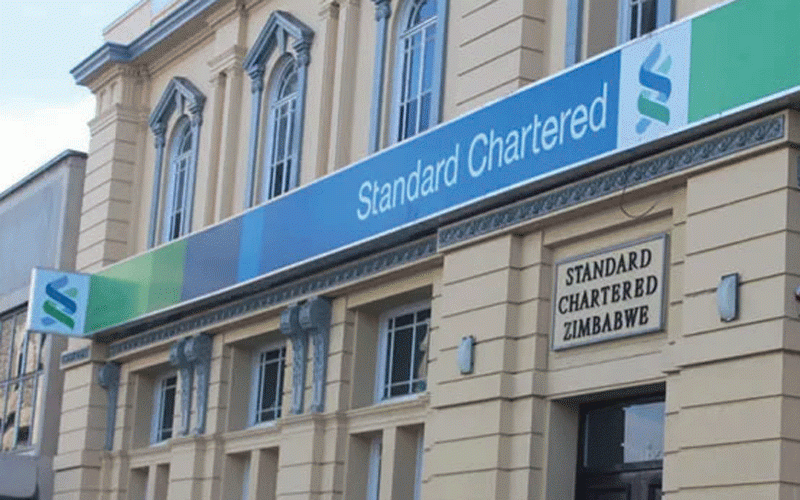
The limited use of the ZiG in the country is an issue of concern to all well-meaning citizens, including the Reserve Bank of Zimbabwe governor, John Mushayavanhu.
The transacting public especially those who use public transport have been hamstrung because of the failure of monetary authorities to avail the ZiG, which would be a panacea to change shortages since most destinations cost US$0,50.
The same can be said of farmers and vegetable vendors, who are forced to sell their wares for US$1 because there is no change.
The microfinance sector has responded to the lack of ZiG on the market by virtually dollarising.
According to official statistics, over 80% of transactions are now in foreign currency, with the dominant currency being the greenback, with the market not keen on the local currency.
The lack of public trust between our ruling elite and the masses has made Zimbabwe a graveyard for local currencies.
The ZWL debuted at $6,32 to the greenback at launch in 2019 but depreciated alarmingly to $ 33,903 on the official market as of April 5 this year when it was replaced by the ZiG.
The ZiG, was supposed to stabilise the economy as well as bring ease to the transacting public.
- Awards target married couples
- Awards target married couples
- Rampaging inflation hits Old Mutual . . . giant slips to $9 billion loss after tax
- Monetary measures spur exchange rate stability: RBZ
Keep Reading
But the liquidity crunch is getting worse as very few people can access it.
Also, even in terms of its reach, it is only limited to large-scale retail outlets while the rest of the economy prefers transacting in the greenback.
This begs the question: Why is the ZiG use still limited?
Two months after its launch its not only unavailable but still cannot be used to pay for some goods and services.
If micro-finances that are superintended by the RBZ are not giving loans in ZiG, then who will favour the use of ZiG?
If the commuting public has no access to ZiG, then who is actually served by the ZiG? .
Why is the government forcing everyone else to use a currency and then beg off when it comes to fuel garages and other key economic sectors?
Already, its limited use is causing problems and there are indications that the public is soon going to lose confidence in the ZiG.
The deafening silence from the monetary authorities on why we are failing to access the ZiG or why its functionality remains limited is a clear sign that there is confusion in the cockpit.
There is an urgent need to address the current cash crisis so that there is a lasting solution to our comatose economy.










